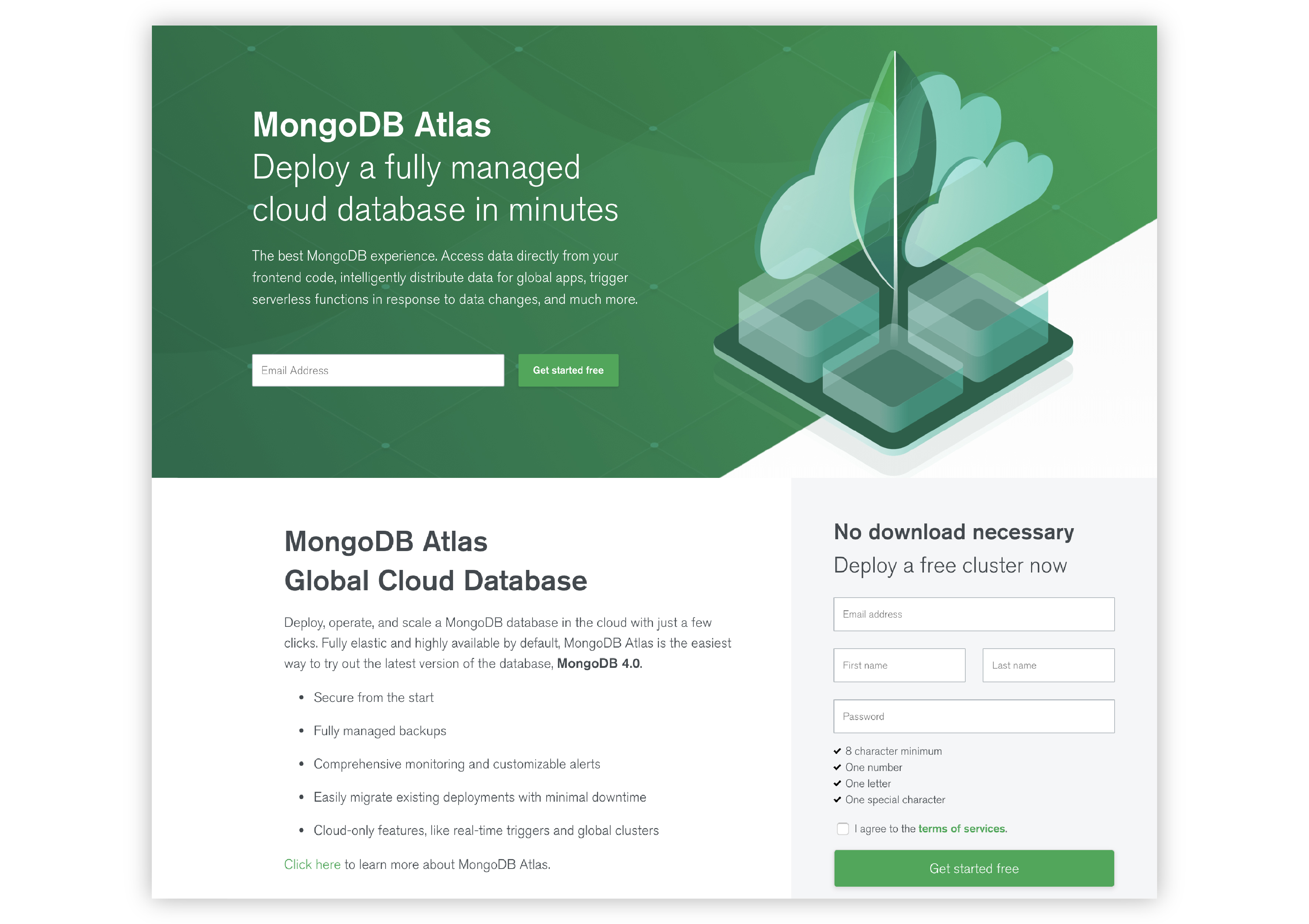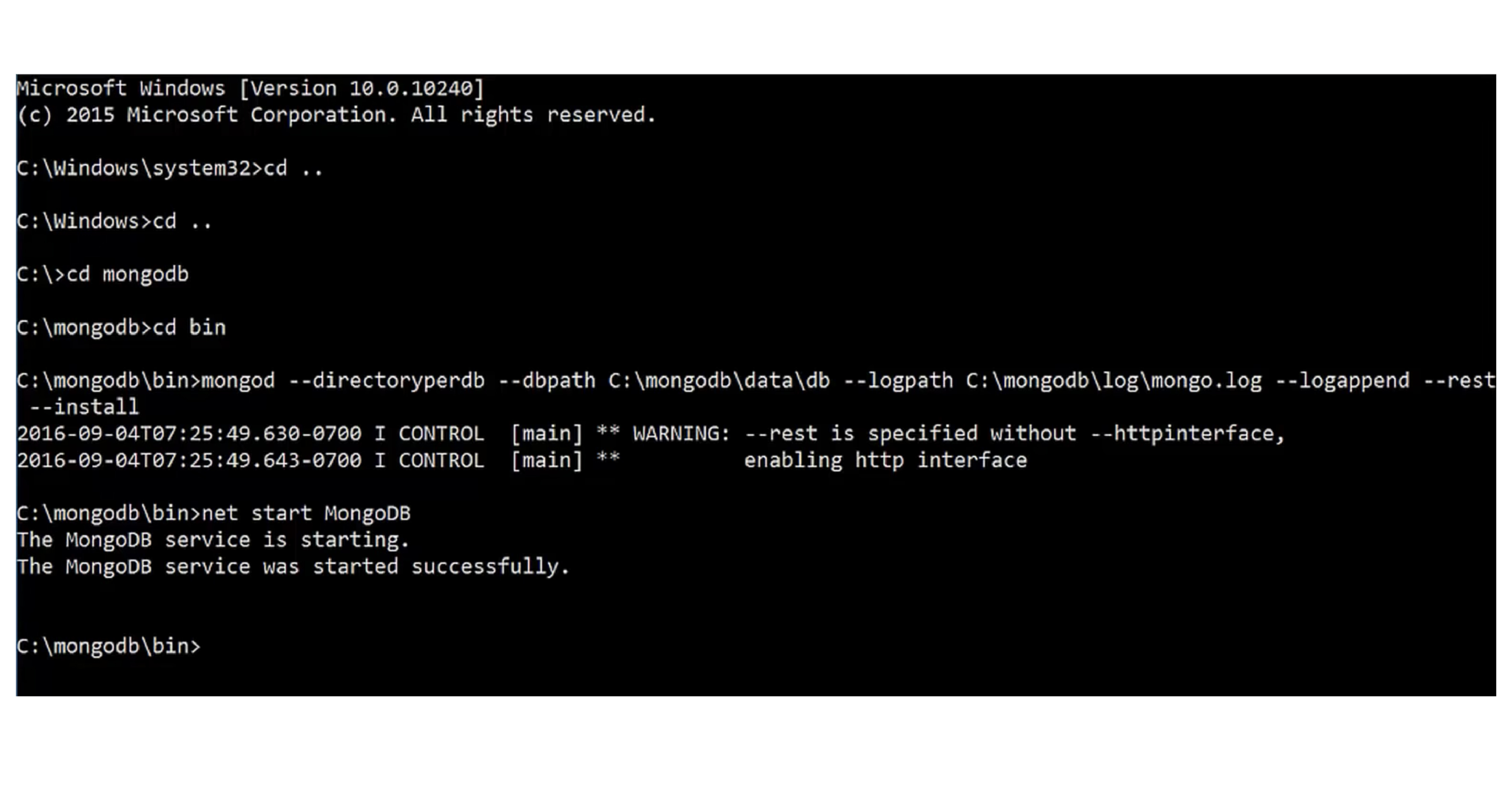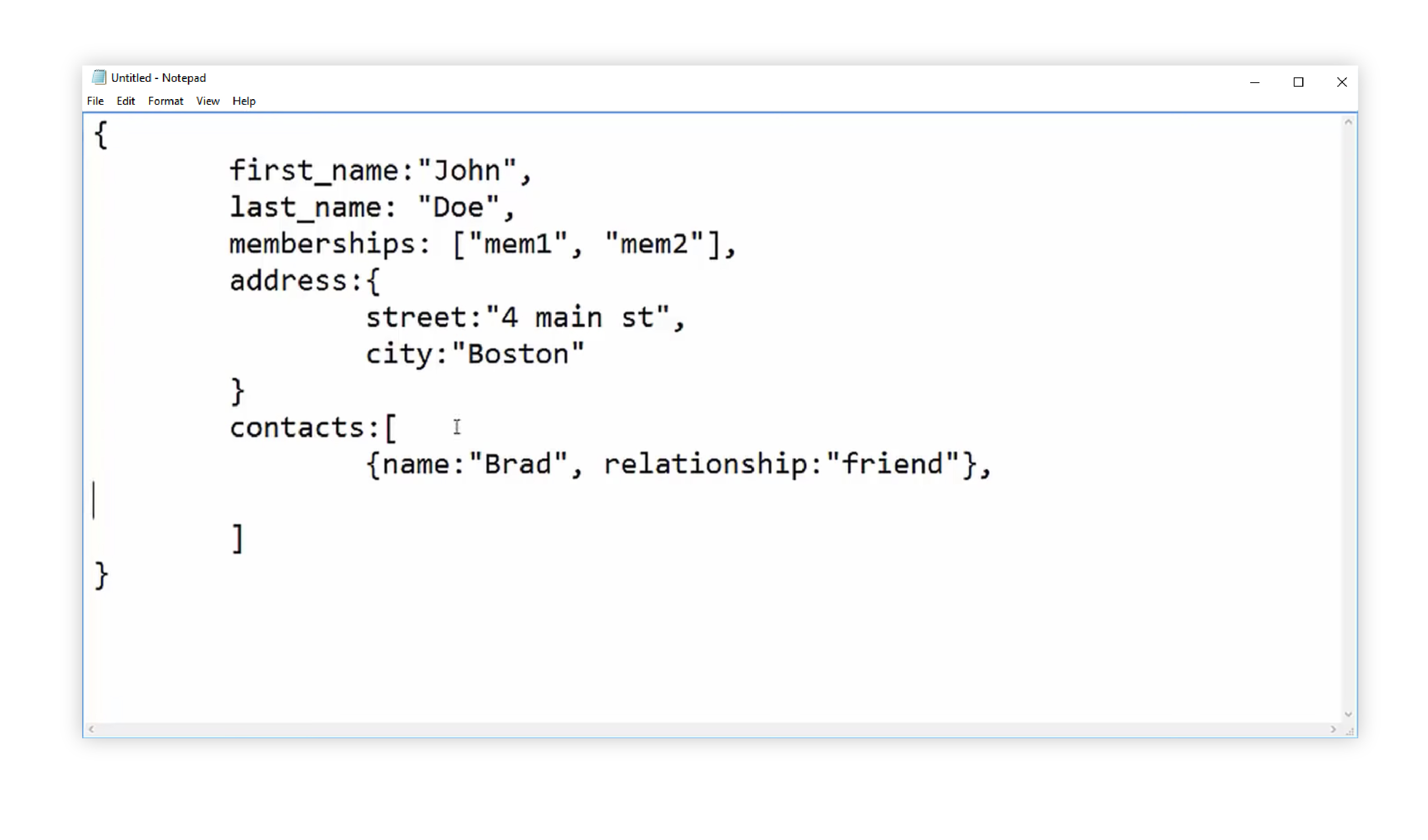Alternative Spaces Is Ready for MongoDB Interview Questions

Companies need to be able to store their data more safely. The era of old relational databases such as MySQL is over. The time has come for the MongoDB database and other types of NoSQL databases.
These databases provide better customer insight, are adept in adjusting to new user expectations, and ultimately help make your business more competitive. This blog is devoted to the benefits of MongoDB database. We are ready for interview questions on MongoDB. Are you?
What Is MongoDB All About?
MongoDB is an open-source, non-relational database created by MongoDB, Inc. Its purpose is for storing data as files of documents nicknamed BSON (Binary JSON).
Similar types of information are stored and can be accessed via the MongoDB language. The big plus here: documents are self-describing. Simply put, there’s no need to declare the documents to the system.
If there’s a need to add a field to the document, the field can be created without affecting all other documents in the collection. There’s no longer a necessity to update the central catalog of the system and pull the system into offline mode.
On the contrary, MySQL is an open source relational database system of management. It has been created and backed up by Oracle Corporation. Similar to other relational systems, it is tabular and uses structured query language (SQL) to access the databases.
Based on the requirements, a developer can set up the rules to govern the relationship between the tabular fields. The disadvantage here: any alterations in this schema takes the system offline or slows down the application’s speed. So why not choose a better deal – the MongoDB?
Why Is MongoDB so Popular?

The MongoDB is gathering momentum. It’s no surprise if a development company asks prospective developers pointed interview questions during a MongoDB interview.
So why does MongoDB database create such excitement these days? There are at least two chief reasons:
1. Agility
Remember the old days? Developers often needed months to implement an application with all of its accompanying data schemas — let alone updating it. In the age of big data, developers are in need of continual optimization of their applications as they hone their skills in studying new data sets.
Nowadays there is a growing emphasis on constant iteration which will lead to better adaptation and competition. MongoDB paves the way for such an iteration.
MongoDB’s data is document-friendly. It makes adding or altering fields much easier than with relational databases. This translates to developers making MORE changes in LESS time.
Mongo Database Profiler provides a unique ability to grant access to the actual query command lines. This allows keeping an eye on all the queries in the database system.
Now developers can write their applications together with their schema tags. They don’t have to squeeze an application in order to meet schema requirements.
2. Increased Developer’s Productivity

There’s no longer the need to connect to database servers. The MongoDB has a Stitch serverless platform. This decreases development time by half. As a result, more time is gained for those time-consuming backend jobs. In the end, data transfers quicker to the application frontend.
Currently, apps run faster and work even better when they are disconnected from the network. There is no longer a dependence on a single server. Now access is gained through the local access to the data and the full MongoDB query language.
Even more, MongoDB replica sets are made up from MongoDB processes and include a single primary and secondary (multiple) nodes.
Going forward the MongoDB Driver writes all data to the primary node where the data is synchronized to the secondary nodes. Additionally, MongoDB Mobile gathers the data and all the data of the documents to multiple machines (mobile and IoT devices).
What else might a development company ask a prospective developer before entrusting the task of building a database website?
Among MongoDB interview questions, a developer might refer to the benefits of this database program.
Incomparable Benefits of MongoDB
The benefits of MongoDB are numerous. For starters, the MongoDB system is relatively simple in its usage. Its documents can grant the possibility to retrieve more complex structures with ease. This allows building more hierarchical arrays of data points.
Different from MySQL and other relational databases, MongoDB is structured around a distributed architecture vs. a monolithic one. Therefore, it possesses a different data localization and sharding in MongoDB with top-class replica sets. This facilitates constant availability and readiness.
MongoDB’s documents naturally align to objects in application code, lending a helping hand to developers to master it relatively quickly.
This database program is native. It supports more than 10 languages (i.e., C#, Java, PHP, Ruby, Python, C/C++, Haskell, Lisp, Scala, and so on). It is well suited for idiomatic drivers, having dozens of ad-hoc queries.
Moreover, real-time aggregation and an abundance of indexes in MongoDB provide a plethora of programmatic ways. It helps developers write operations and analyze any structure of any file system with greater efficiency. A lot of queries could be first written in a notepad as follows:

Let’s see how MongoDB saved the day for Sega HARDlight. This company had to tackle the scalability challenges as it moved to online and mobile platforms. Their solution was to move from MySQL tabular databases to MongoDB. This was done because they began operating in the cloud adopting more agile DevOps processes.
As a result, this famous game-maker started creating new games with higher velocity. This was possible thanks to the MongoDB support system with its document model. This company was able to scale their games to a multi-million user online gaming community.
In brief, MongoDB is popular due to its simplicity, high scalability, and cost-effectiveness. We welcome you to watch MongoDB in 30 minutes to drill deeper into the benefits of this database.
Final Thoughts
MongoDB is a very convenient tool to have. It’s widely used for IoT, mobile, real-time analytics, personalization lists, cataloging, and content management.
At Alternative Spaces, we are equipped to help your company transition to MongoDB smoothly and professionally. We look forward to helping you understand how this revolutionary database can help your business.
Content created by our partner, Onix-systems.
 Home
Home